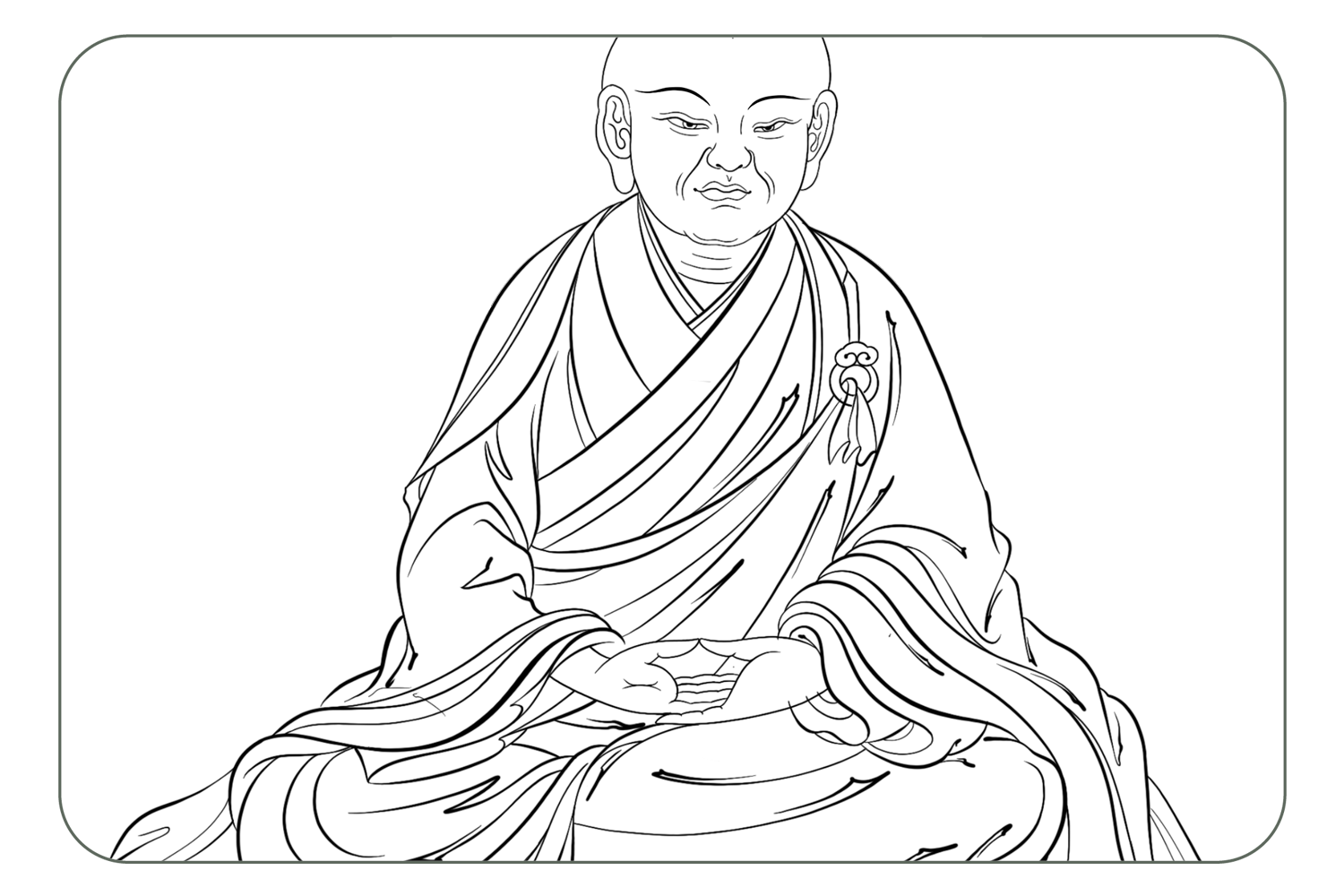“How can we stop the tendency to utilise people?”
Someone asked “How can we stop the tendency to utilise people?”. This is a very important question that we will explore over time, for the ignorance at the bottom of this is complex. It has to do with the interaction between concepts and reality. Concepts allow you to think of things independent from context, space, time and substance, while in reality these same things only exist interdependently. So while we are deeply interconnected with all things and depend on them, our concepts separate us from them. But again, we will look at this topic in great detail in the future.

An interesting approach I found in the past is by using language itself as a guide to the presence of instrumentalising emotions or their absence. Take for example the difference between saying ‘you are my friend’ and ‘I appreciate your friendship’. These two sentences feel very different. The first sentence implies both a possessive relationship (you are mine) and permanence. Yet, nothing is the inherent possession of anyone, and no relation is permanent. Relations depend on conditions. The second sentence expresses the value that you experience in someone’s presence, and the evaluation of that value: friendship. While you cannot practically escape all usage of the verb ‘to have’, the above is a useful tool to explore what you or others are actually saying, and experiencing, with a certain sentence. I will of course ‘quickly get my laptop’, but I will often repeat the fact that in fact it’s not mine at all, but a gift from a friend that I have the honour of using. The opposite of the possessive is appreciative joy, and the latter is much more fun, and a much better way to maintain your relationships. Appreciative joy reminds you that no relationship is given, but rather is something that needs to be nourished and cared for, even if that is merely with a laptop.
 The Buddha Project
The Buddha Project 